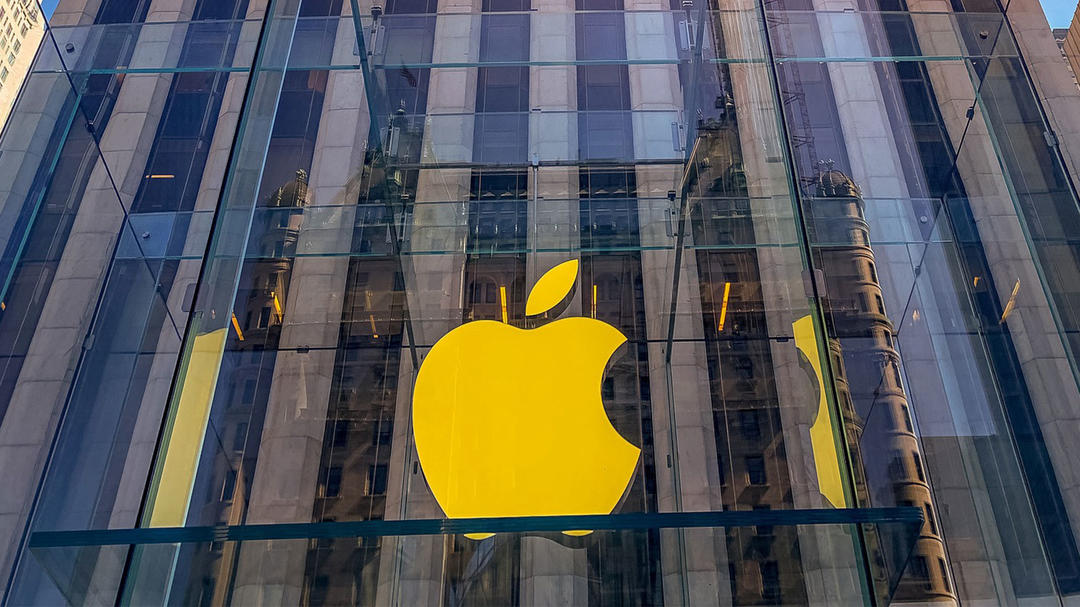Apple has been in the news this week for penalties at unprecedented rates. Both cases relate to abuse of power, but are otherwise separate from each other. The first case concerns the payment chip, the second relates to a payment system for dating apps.
We start with the European Commission. It comes to a preliminary conclusion that Apple is abusing its market power for mobile payments. Such payments are made through the NFC chip in a smartphone. Once you activate the chip and set up a payment method, you can now make contactless payments at most ATMs.
On Android, you can create your own bank or a service like Google Pay or PayPal as a payment method. However, you can only use Apple Pay on iOS. Apple is thus limiting competition on its platform, the preliminary result reads. This also limits “innovation and consumer choice”.
This is just the beginning of the procedure. Apple now has a chance to respond to the allegations. The European Commission makes it clear that such a preliminary result is not guiding in the investigation of the company and therefore the conclusion is not conclusive. In any case, it’s indisputable that Apple has restricted access to the chip.
If this ends badly for Apple, the company is fined several billions; Much more than what Microsoft or Google has. The European Commission can impose fines of up to ten percent of the annual turnover. Apple’s turnover is $36 billion (more than 34 billion euros).
Complaints from PayPal
That ball has started rolling because of complaints from rival companies like PayPal. This payment service wants to offer the same options as on Android, but is currently unable to do so. It is now true that Apple has made the NFC chip available to other developers, but it is still not possible to pay.
However, it is possible to receive payments through an iPhone with such a chip on board. This is a recent change from Apple. This is not the change the opposing parties were hoping for, so the complaints continue. This Apple investigation officially began in June 2020, but the first complaints surfaced as early as 2019.

The hassle with dating apps
Meanwhile, there’s another issue at stake for Apple: the dating app business. Apple does not allow iOS apps to use third-party payment systems. However, an exception has been made for dating apps. But that’s not enough for market watchdog ACM. For this reason, the organization previously imposed a hefty fine of fifty million euros.
Apple has the opportunity to think about the implementation of the payment system, but let things take their course. The company has now submitted an offer to the Dutch Consumers and Markets Authority, but has now announced that it will reject it. While ideas are currently developing, it is true that they are not sufficient for European and Dutch legislation.
In the new proposal, Apple recommends that app manufacturers can use a third-party payment system or Apple system; not both. Manufacturers also have to issue a warning that they are using a non-corporate payment option. In addition, developers still have to give 27 percent of sales to Apple.
ACM is now preparing a new penalty payment. It is not clear at the time of writing how high this amount will be. The battle between Apple and the market watchdog has been going on for months. It was decided in December that Apple needed to make changes to the App Store, but the company has been blocking it ever since.
Maximum penalty?
In practice, it is rare for the EU to decide to charge companies ten percent of their annual turnover as fines. But if it is, then 3.4 billion euros is probably the highest fine Apple has ever had to pay. This fine is nowhere near the amount Apple had to pay in France in early 2020.
A little over two years ago, the French version of ACM decided that Apple had to pay 1.1 billion euros. Even then, it included anti-competitive practices that “sterilized” the market. Apple determines the price of its products and who can sell them other than iPhone.
At the time, the French ACM (Autorité de la Concurrence) thought the company was actually running a cartel. The question now is whether the European Commission can go beyond that.
Source: Computer Totaal
I am Bret Jackson, a professional journalist and author for Gadget Onus, where I specialize in writing about the gaming industry. With over 6 years of experience in my field, I have built up an extensive portfolio that ranges from reviews to interviews with top figures within the industry. My work has been featured on various news sites, providing readers with insightful analysis regarding the current state of gaming culture.











